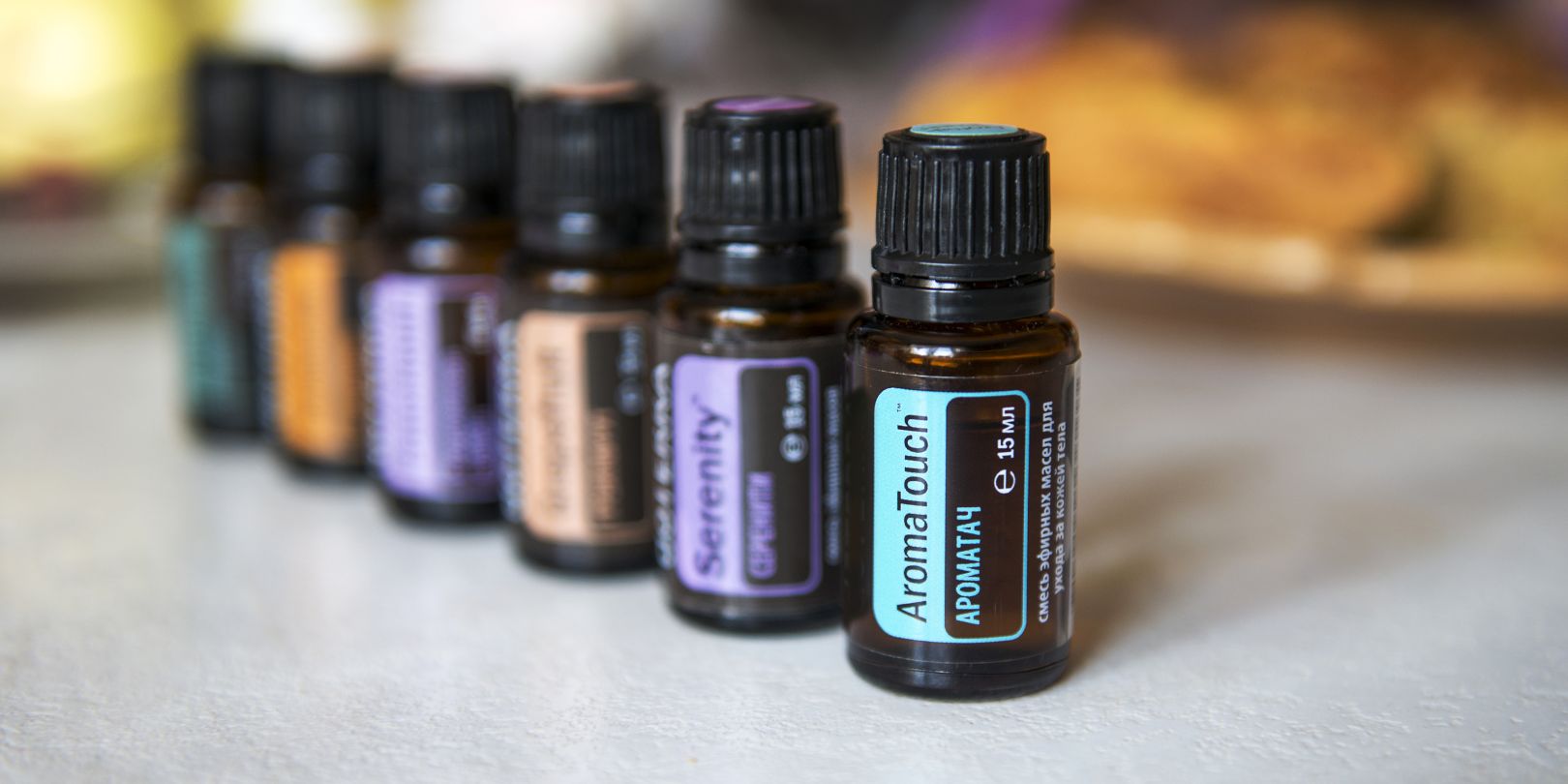Essential Oils for Fleas: Are They Safe to Use on Cats?

xr:d:DAFo1FL9DFI:1414,j:3056095671674766750,t:23091818
As devoted cat owners, we strive to keep our feline companions safe, comfortable, and free from pests like fleas and ticks. In the quest for natural solutions, essential oils have gained popularity for their potential flea-repelling properties. However, the world of essential oils can be intricate, with varying opinions on their safety for cats. Navigating the realm of essential oils for flea control requires a thorough understanding of both their potential benefits and risks. In this comprehensive guide, we will look into essential oils as flea deterrents and explore their safety for cats. Read more for insights to help you make informed decisions in your pursuit of a flea-free environment for your beloved feline friend.
Essential Oils as Natural Flea Repellents
Essential oils are concentrated plant extracts renowned for their aromatic and therapeutic properties. Some essential oils, such as lavender, cedarwood, eucalyptus, and lemon, are touted for their potential ability to repel fleas due to their strong scents. Advocates of natural remedies often turn to these oils as alternatives to chemical flea treatments.
Understanding Cats and Essential Oils
Cats are unique creatures with a distinct metabolism. Their liver processes substances differently than other animals, and their skin can be sensitive to various compounds. This physiological uniqueness influences how cats react to essential oils. Cats lack certain enzymes necessary for metabolizing specific compounds found in essential oils, making them more susceptible to toxic effects. Additionally, cats groom themselves meticulously, leading to the potential ingestion of any substances on their fur.
Potential Risks and Concerns
Several essential oils, even in diluted form, contain compounds that can be harmful or toxic to cats. Cats can experience adverse reactions such as drooling, vomiting, lethargy, difficulty breathing, or even organ damage if exposed to certain essential oils. Oils high in phenols, such as oregano and thyme, and those containing compounds like limonene or linalool are of particular concern.
Safe Usage Guidelines
Dilution is Key
If you’re considering using essential oils around your cat, always dilute them properly. Essential oils are highly concentrated, and even a small amount can be overwhelming for cats. Seek guidance from a veterinarian experienced in essential oil use for pets.
Diffusion with Caution
Diffusing essential oils in your home requires careful consideration. Ensure proper ventilation and keep diffusers away from areas your cat frequents. Allow your cat access to areas where they can retreat if they’re sensitive to the scent.
Topical Application
Topical application of essential oils on cats is generally discouraged due to their grooming behavior. Even diluted oils can be ingested while grooming. Instead, try using a flea collar for cats.
Seeking Professional Guidance
If you’re considering using essential oils for flea control or any other purpose around your cat, consulting a veterinarian is essential. Veterinarians can guide you on which oils are safer, how to properly dilute them, and what precautions to take to ensure your cat’s safety and well-being.
Final Note!
A Balanced Approach to Flea Control
Essential oils have garnered attention for their potential benefits in natural flea control. However, the safety of essential oils for cats requires a cautious and informed approach. By understanding the potential risks, adhering to safe usage guidelines, and seeking expert guidance, you can strike a balance between the desire for natural solutions and your commitment to keeping your feline friend safe. Your cat’s well-being is paramount, and by making educated choices, you’re ensuring their comfort while exploring effective methods to create a flea-free environment they can thrive in.
Your Pet’s Best Interest, Always
At Pet Institute, we take pet care seriously. We're dedicated to transparency, impartiality, and the well-being of your pets in every article, review, and recommendation we provide. Our unwavering commitment to these principles ensures that you, our valued reader, always receive reliable and unbiased information. Let us be your trusted guide in the world of pet care and companionship.